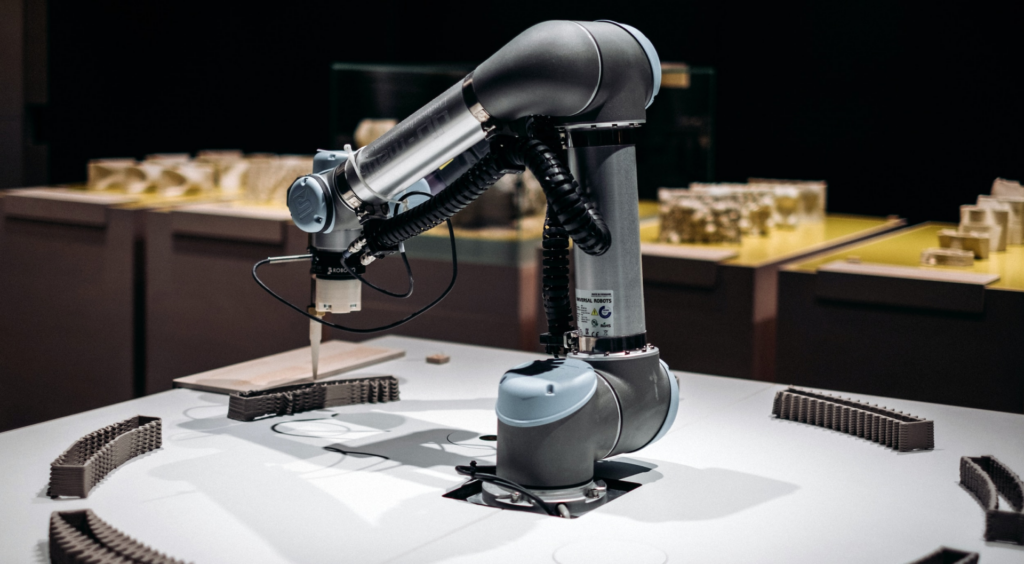At Culture15 we work closely with many HRDs in order to transform and track their organisational culture.
According to the recent report on ‘The Future of HR’ released by McLean & Company they are ahead of the trend.
Expectations are changing
Highlighted first by McLean & Company are the key drivers of HR departments, such as shifts in workforce demographics and composition, changes in employee sentiment and technological application and advancements.
Whilst these drivers are consistently changing and evolving, recent ‘unprecedented times’ have accelerated shifts in work patterns, with many now favouring hybrid or ‘work from home’ arrangements. Or for many people, the diminishing importance of loyalty or length of tenure and an increase in freelance or contractual work are due to the perceived freedom and versatility.
However, although people are choosing to work for longer, with the average age of retirement expected to rise to 68 by the mid-2030s, and the workforce further expanding, potential employees are now looking for workplaces that suit them, rather than looking simply to fit in.
So how can HR departments continue to attract and retain talent within their organisation?
HR- where does it add value?
According to McLean & Company, 23% of employees accept a job offer based on company culture, this is only marginally below those accepting based on company benefits. This is incredibly enlightening as to what potential employees perceive as most important when accepting a role.
Therefore, the activity that is projected to add the most value by 2030 is shaping and maintaining organisational culture. Not only will this attract talent, but it will also increase the likelihood of that talent being a good fit and long-term employee retention.
Not only that, but HR departments will also be expected to lead the organisation in developing and maintaining that culture by 2030, although this is something that within the survey organisations seemed unprepared for.
The introduction of new technology is expected to continue to assist HR departments in these undertakings, however, with many solutions targeting HR flooding the market, there must be a focus on where the most value can be gained from the intersection of HR and technology.
Culture15 adds value
At Culture15 we agree that culture is one of the most important parts of organisational structure and imperative to attracting, retaining and motivating the right talent.
However, by waiting to instigate these changes, organisations risk falling behind and allowing their culture, or lack of, to dictate the talent that they can attract, and ultimately without the people, an organisation cannot succeed.
Using the Culture15 platform to define and track organisational culture will ensure that HR departments not only have the knowledge of organisational culture, where it stands and where they want it to be, but have the momentum to achieve their optimum organisational culture.
Culture15 is your complete toolkit for tracking culture change. CEOs and Exec Teams at world-leading organisations use Culture15 analytics to ensure success by aligning their culture with what they need to execute their strategy. If you’d like to find out how to define the culture and values you need, diagnose the culture you have and close the gap, talk to our team.



